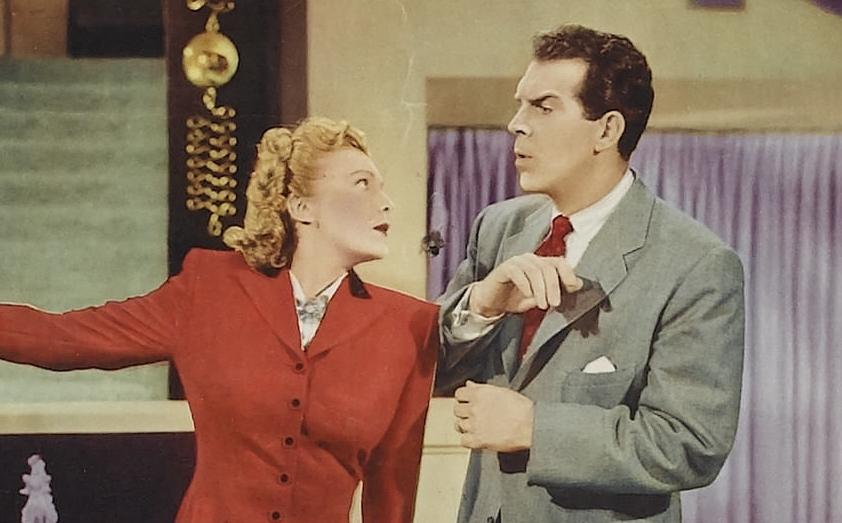Commentary
The depiction of marriage in old movies is often complex. During the Golden Era of Hollywood, the Motion Picture Production Code required that the state of matrimony must be upheld at all times. While the difficulties and challenges of marriage could be shown, stories were not allowed to mock, ridicule, or disrespect the basic concept of traditional marriage. By extension, infidelity was not a forbidden topic, but it had to be handled very carefully. To create some dramatic tension without wading into the complicated waters of depicting adultery, many Golden Era filmmakers opted instead for stories about jealousy, misunderstandings, and false suspicions.





